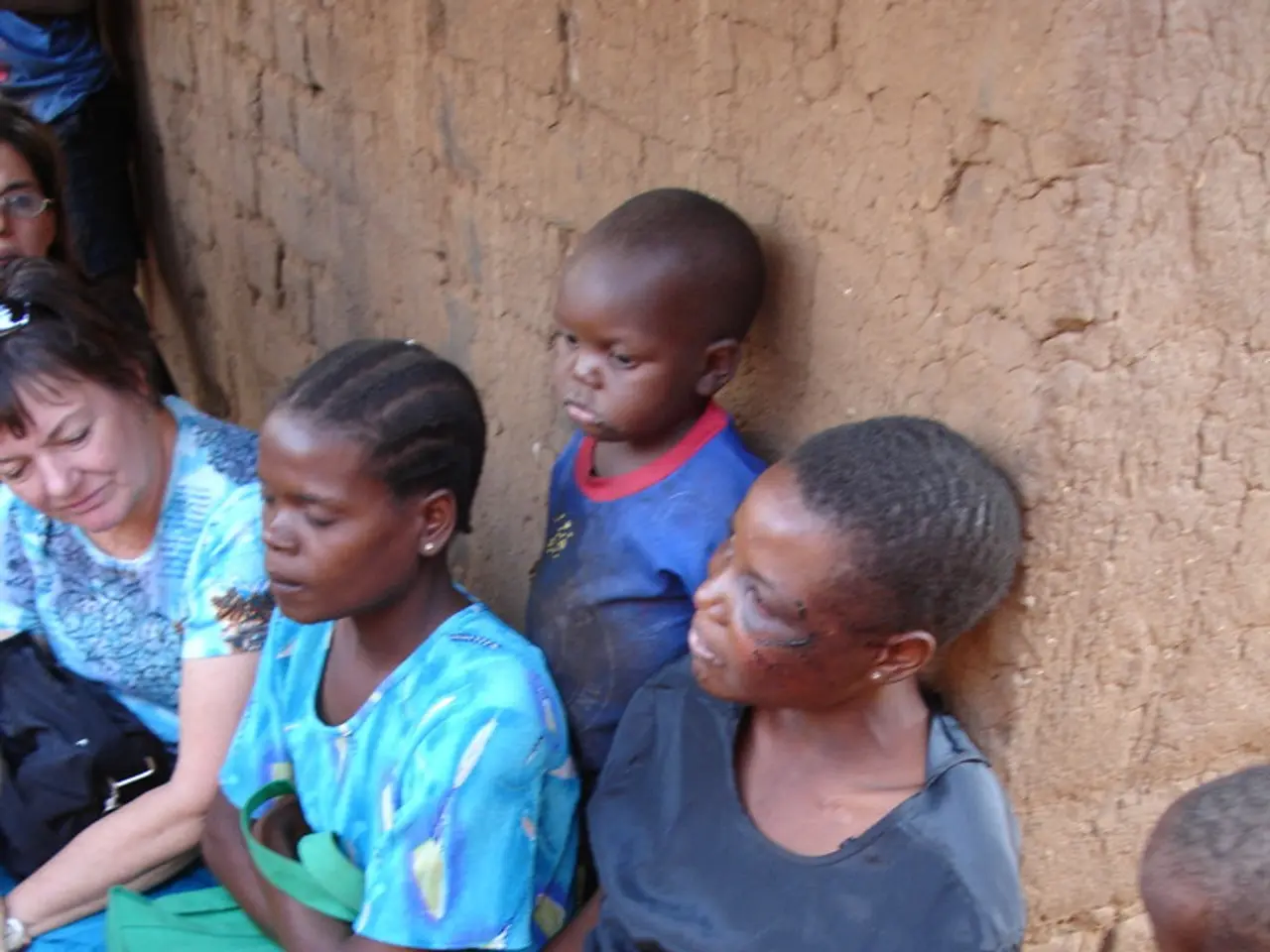Parents tend to stay home with ill children more frequently, with mothers being more likely to do so compared to fathers.
In Germany, a notable difference in the number of child sick pay applications between men and women, particularly with Barmer health insurance, has been a recurring trend. This disparity can be traced back to underlying gender roles and care responsibilities, according to Barmer CEO Christoph Straub.
Women in Germany continue to experience a "gender care gap," providing the majority of unpaid care work for children and other dependents. This unpaid labor limits women's availability for paid work, leading to more frequent use of sick leave benefits for child care than men.
Despite rising female employment rates, many women still balance paid employment with caregiving, a practice that results in more child sick pay claims from women than men. This structural sociocultural expectation, combined with persistent gender pay and pension gaps, means women often bear a heavier burden in child care.
Barmer and other German health insurers' sick pay policies typically cover temporary parental leave when caring for sick children. Since caregiving primarily falls on mothers, they disproportionately utilize these benefits.
In 2023, Barmer received 297,000 applications for child sick pay from mothers and 108,000 from fathers. This trend continued in 2024, with 296,000 applications from mothers and 109,000 from fathers.
Barmer, one of the largest health insurance companies in Germany with around 8.3 million insured members, registered 890,000 payable days for child sick pay in 2023 and 877,000 in 2024. Of these days, 663,000 and 648,000 were for women, respectively, while 227,000 and 229,000 were for men.
Single parents are entitled to 30 days of child sick pay per child, while parents with more than two children can receive up to 35 days, and single parents with more than two children for up to 70 days. Child sick pay is usually 90% of the lost net wages.
Starting from January 1, 2024, each parent can apply for child sick pay for 15 days per year, an increase from the previous 10 days. Child sick pay is available for every legally insured child under the age of 12. Parents can apply for child sick pay at their health insurance company, even if they work from home.
The number of child sick pay applications from mothers has consistently been higher than from fathers in previous years. This gender disparity in child sick pay applications reflects the persistent unequal distribution of family care responsibility.
The persistent gender disparity in child sick pay applications in Germany highlights the disproportionate burden of family health responsibilities, demonstrating a need for advancements in health-and-wellness policies that acknowledge the role of parenting in family health, particularly for women.
Despite the rise in science and technology advancements, the traditional gender roles in family health care, as evidenced by the high number of child sick pay applications from mothers, require investigation and modification to achieve equal opportunities for work-life balance and career growth in all fields, including science.




